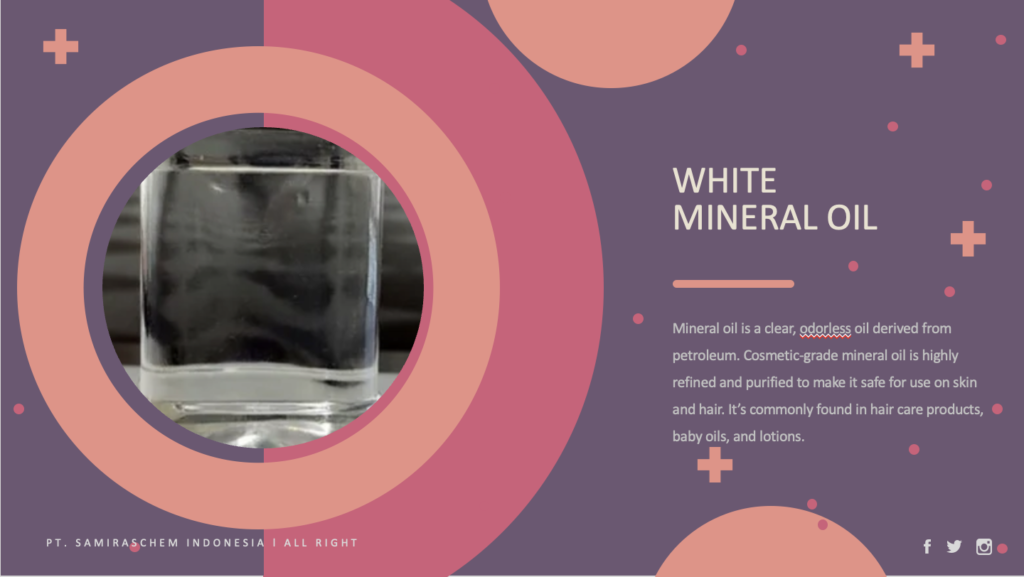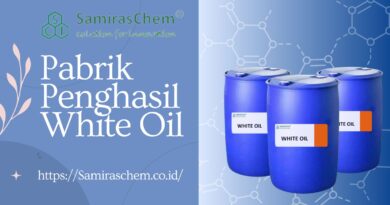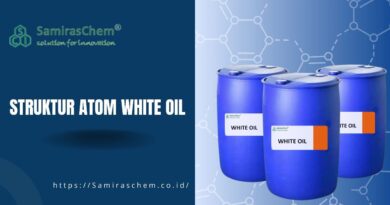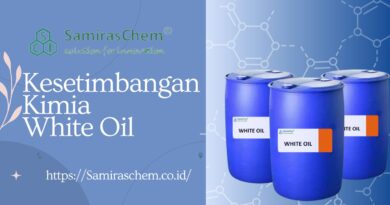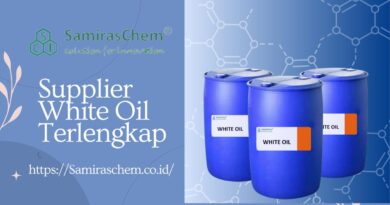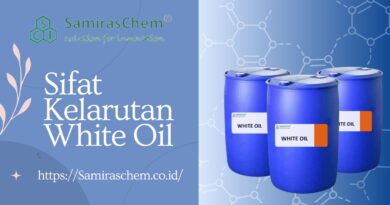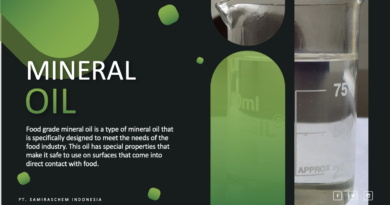Is mineral oil good for hair ?
Mineral oil is a clear, odorless oil derived from petroleum. Cosmetic-grade mineral oil is highly refined and purified to make it safe for use on skin and hair. It’s commonly found in hair care products, baby oils, and lotions.
How Does Mineral Oil Work on Hair? – Is Mineral Oil Good for Hair?
- Seals the Hair Cuticle: Mineral oil forms a coating around the hair strands, which helps lock in moisture and protect the cuticle from external damage (e.g., heat styling, pollutants, and UV rays).
- Acts as a Barrier: While mineral oil doesn’t add moisture, it can prevent moisture loss by acting as a barrier. This can be especially useful for dry or damaged hair.
- Minimizes Breakage: By reducing friction and tangling, mineral oil can help lower hair breakage during combing or styling.
- Protects Hair from Humidity: It can reduce frizz and keep hairstyles intact in humid conditions.
Key Benefits of Mineral Oil for Hair
- Locks in Moisture: Beneficial for dry, coarse, or curly hair that needs to retain moisture.
- Prevents Hair Damage: Shields hair from external stressors such as pollution, wind, and UV rays.
- Affordable and Widely Available: Compared to natural oils, mineral oil is often more cost-effective.
- Safe and Non-Allergenic: Cosmetic-grade mineral oil is hypoallergenic and non-irritating for most people.
Drawbacks and Concerns
- No Nutritional Benefits: Unlike natural oils (e.g., coconut, olive, or argan oil), mineral oil doesn’t contain essential fatty acids, vitamins, or antioxidants that nourish and repair hair.
- Build-Up Issues: Since mineral oil isn’t water-soluble, it can leave residue on the scalp and hair, leading to greasiness or product build-up over time. This can be resolved with clarifying shampoos.
- Non-Penetrative: Mineral oil stays on the surface of the hair shaft and doesn’t penetrate to repair damage or improve internal hair health.
- Scalp Clogging: On oily or sensitive scalps, mineral oil might exacerbate greasiness or trap dirt, leading to clogged pores and irritation.
Who Should Use Mineral Oil?
- Curly or Coarse Hair: Mineral oil can help seal in moisture and reduce frizz for those with curly or textured hair types.
- Dry or Damaged Hair: It can protect already-dry hair from further moisture loss.
- Protective Styling: People using braids or other protective hairstyles can use mineral oil to coat strands and reduce friction.
How to Use on Hair
- As a Sealing Agent: Apply mineral oil to damp hair after using a moisturizer or leave-in conditioner to lock in hydration.
- For Frizz Control: Smooth a small amount over the hair surface to tame flyaways.
- As a Detangler: Apply a small amount to hair before brushing to reduce tangling and breakage.
- For Scalp Protection: Use mineral oil to protect the scalp before coloring or relaxing treatments.
Natural Alternatives
If you want the benefits of oil with added nutrients, consider these natural alternatives:
- Coconut Oil: Penetrates the hair shaft to provide deep hydration and repair. Ideal for dry or damaged hair.
- Argan Oil: Rich in fatty acids and antioxidants, it adds shine, reduces frizz, and improves hair elasticity.
- Jojoba Oil: Mimics the scalp’s natural oils, making it ideal for balancing oil production and moisturizing.
- Olive Oil: Contains vitamins and fatty acids to strengthen and smooth hair.
- Castor Oil: Known for promoting hair growth and adding moisture to the scalp and strands.
How to Choose Between Mineral Oil and Natural Oils
- If you’re looking for a simple protective barrier, mineral oil works well.
- For deeper hydration, nourishment, and repair, natural oils are a better choice.
Summary – Is Mineral Oil Good for Hair?
Mineral oil is effective for sealing moisture, reducing frizz, and protecting hair, but it doesn’t provide any nutrients or repair. It’s a safe and affordable option, particularly for curly, dry, or coarse hair types. However, regular use may require clarifying shampoos to prevent build-up. For long-term hair health, combining it with nutrient-rich natural oils can offer the best of both worlds.
